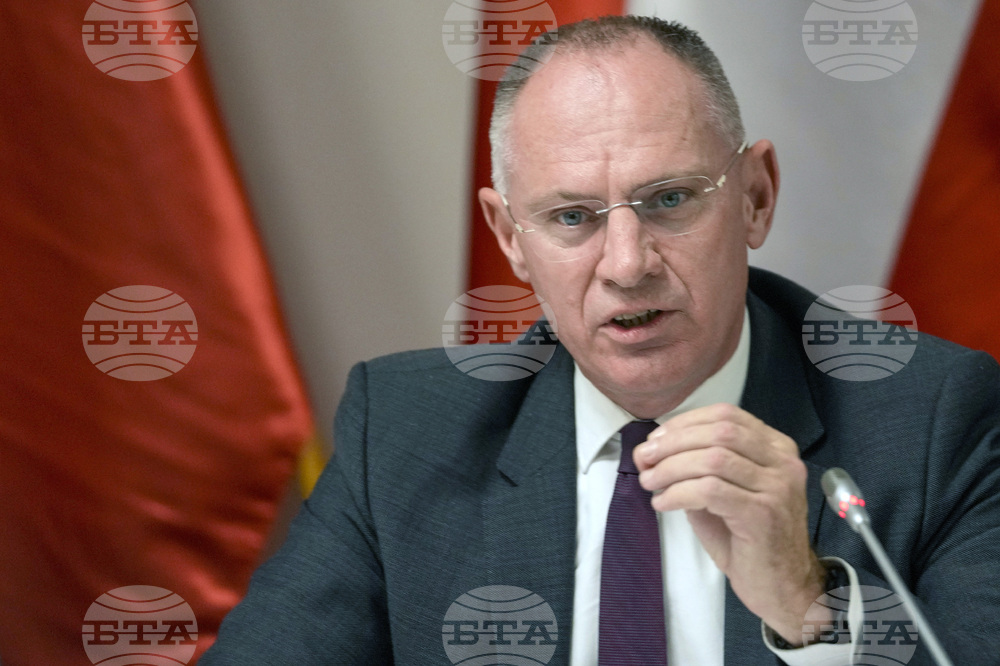site.btaAustria’s Interior Minister Ponders Schengen Expansion, Set to Address Migration Concerns with Bulgaria


Austria's Interior Minister Gerhard Karner is set to meet with his counterparts from Bulgaria and Romania in Budapest to discuss the full integration of the two Balkan countries into the Schengen Area, the Austria Press Agency (APA) said on Thursday.
Hungarian EU Presidency's Push for Schengen Expansion
The meeting, scheduled for November 22 under the Hungarian EU Presidency, is a step toward convincing Austria to lift its veto on Bulgaria and Romania's Schengen accession by December. Hungary’s Deputy State Secretary for EU Affairs, Balazs Molnar, emphasized in October that both countries have demonstrated readiness for Schengen membership. Hungary has placed the issue on the agenda for the EU interior ministers' meeting on December 12, 2024.
Decisive Negotiations Ahead
Austria's Interior Minister Karner will engage in pivotal negotiations with Romania's Interior Minister Catalin Predoiu, Bulgaria's Atanas Ilkov, and Hungary's Sandor Pinter. "This meeting could pave the way for further progress," Karner noted. Despite prior agreements, such as the "air Schengen" deal to lift air travel border controls, land border checks remain, impacting cross-border workers traveling to Austria.
Austria’s Continued Concerns on Migration
Austria has blocked the full Schengen accession of Bulgaria and Romania for two years, citing inefficiencies in the current Schengen system and unregistered illegal migration. Austria's candidate for EU Commissioner for Migration, Magnus Brunner, recently supported full membership for both countries, highlighting progress toward securing borders.
Minister Karner’s Conditional Approval
Karner echoed Brunner's optimism but underscored that Austria's veto remains relevant. "The decrease in illegal migration is a positive sign, but more needs to be done," he told APA. He emphasized Austria's commitment to combating smuggling and illegal migration, calling for a "sustainable package of measures" alongside the Schengen talks in Budapest.
Progress on Border Security and Cooperation
Austria’s Interior Ministry expressed satisfaction with the recent enhancement of the EU’s external borders in the Balkans. The ministry reported a 62% drop in illegal migration in the region and a significant decline at Austria's eastern border, where interceptions [of illegal migrants] fell from 28,000 in September and October of 2022 to 2,000 this September and October.
Strengthening Regional Partnerships
Bulgaria and Romania have received EUR 130 million for border surveillance enhancements. Frontex, the EU Border and Coast Guard Agency, is set to triple its personnel in Bulgaria. A new regional cooperation initiative involving Austria, Bulgaria, Romania, Greece, and Slovakia aims to improve collaboration, with Austria supporting document processing at airports to curb illegal migration by air.
/VE/
news.modal.header
news.modal.text